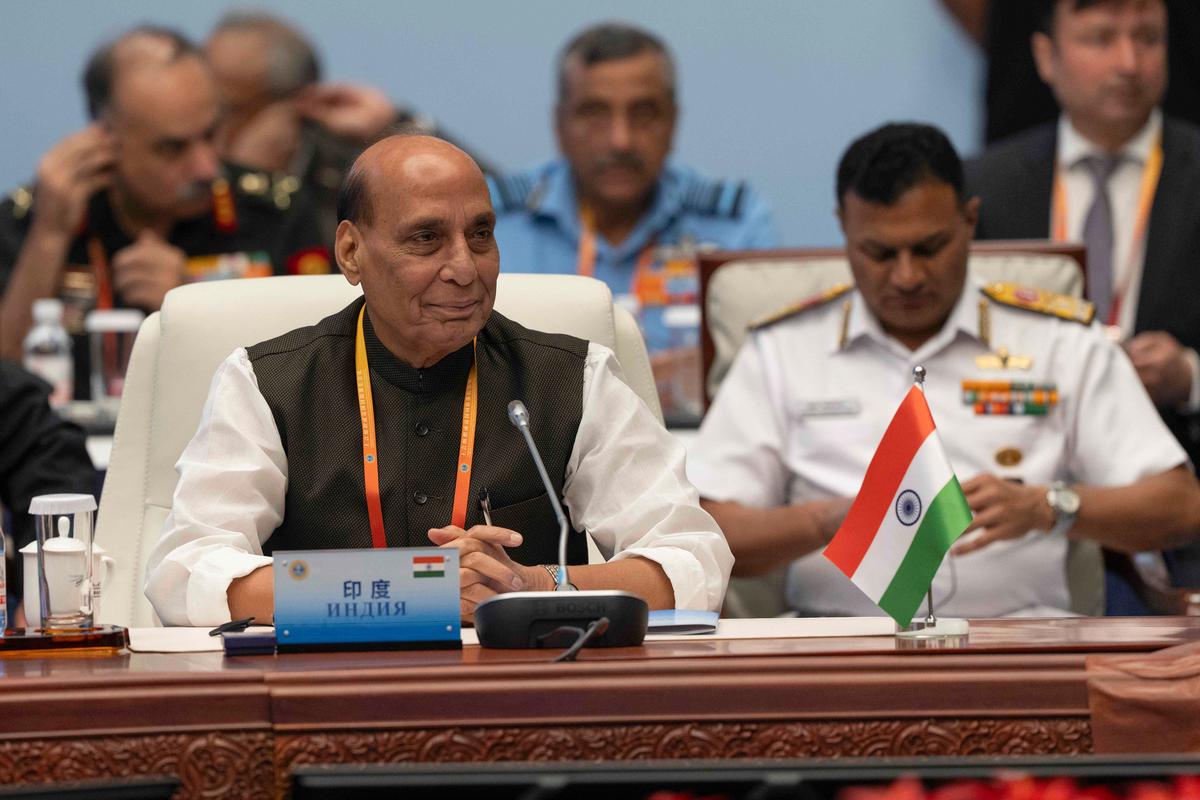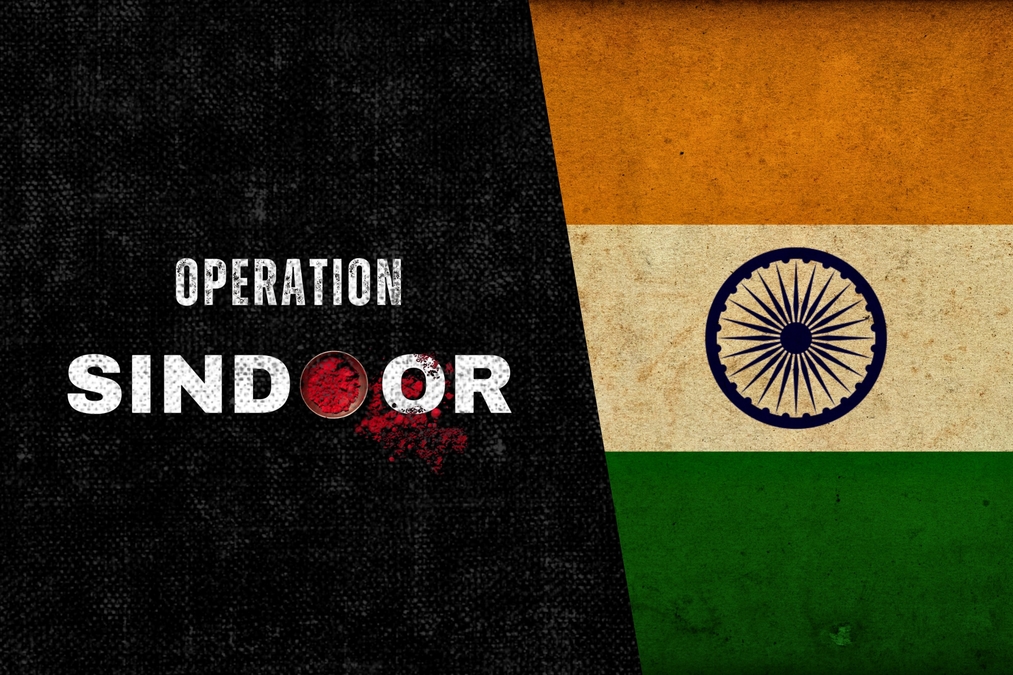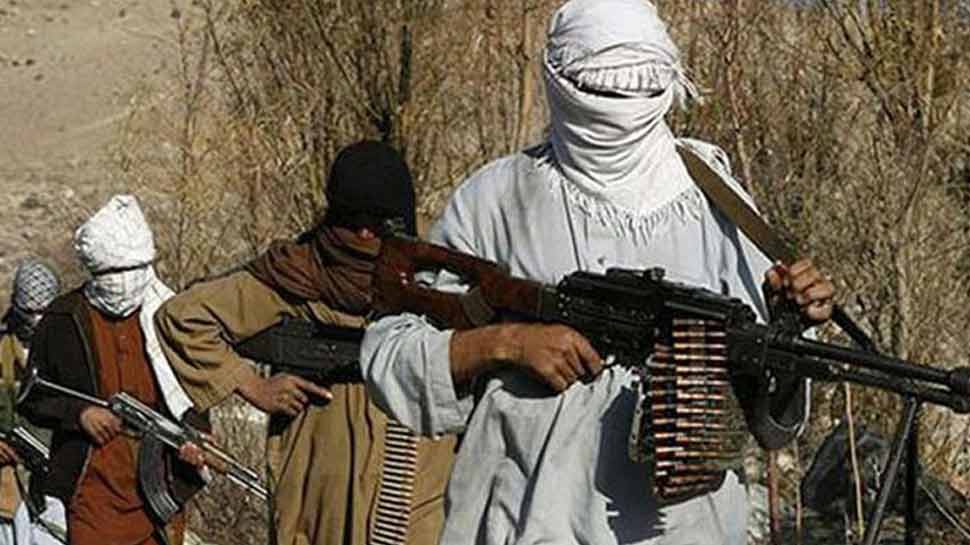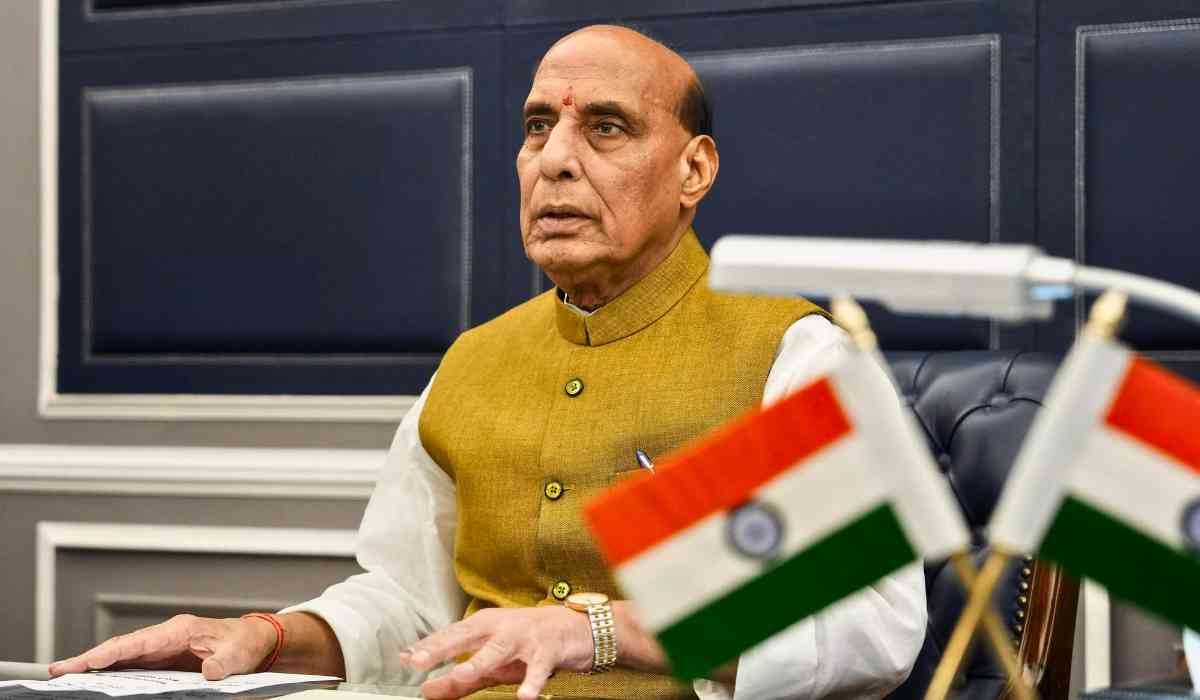India made headlines on June 26, 2025, by refusing to sign a joint statement at the Shanghai Cooperation Organisation (SCO) Defence Ministers’ meeting in Qingdao, China. The reason? The statement did not mention the recent terror attack in Pahalgam, Jammu and Kashmir, where 26 people lost their lives. Instead, it included references to Balochistan, indirectly blaming India for unrest in that region. This move by India has raised questions about the effectiveness of international cooperation against terrorism and the challenges of balancing national interests within multilateral forums.
What Happened at the SCO Meeting?

The SCO is a regional security and economic grouping that includes countries like China, Russia, India, and Pakistan. At the latest meeting, Indian Defence Minister Rajnath Singh refused to sign the joint statement because it did not condemn the Pahalgam terror attack, which had shocked the nation just weeks earlier. The attack was carried out by The Resistance Front, a group linked to the Pakistan-based Lashkar-e-Taiba (LeT), a UN-designated terrorist organization.
Instead of mentioning the Pahalgam attack, the draft statement included references to incidents in Pakistan, specifically Balochistan, which India has consistently denied any involvement in. This omission was seen by India as an attempt to downplay its security concerns and dilute the global fight against terrorism.
India’s Stand: No Double Standards on Terror

Defence Minister Rajnath Singh made it clear that India has a "zero tolerance" policy towards terrorism.
He said, "There should be no place for double standards. SCO should not hesitate to criticise such nations," in an indirect reference to Pakistan, which India accuses of supporting cross-border terrorism.
Singh also highlighted that during the Pahalgam attack, victims were targeted based on their religious identity, and that such acts cannot be justified under any circumstances. He stressed that all nations must unite to hold the perpetrators, organisers, and sponsors of terrorism accountable, regardless of where or why the attacks happen.
Operation Sindoor: India’s Response

After the Pahalgam attack, India launched "Operation Sindoor" on May 7, 2025. This operation aimed to dismantle terrorist infrastructure across the border and demonstrate India's resolve to defend itself and deter future attacks. The government stated that these actions show that "epicentres of terrorism are no longer safe" and that India will not hesitate to act against them.
Why Did India Walk Out?
India’s refusal to sign the statement was not just about the omission of Pahalgam. It was also about the principle of fairness and consistency in fighting terrorism. India argued that the statement was one-sided, mentioning attacks in Pakistan but ignoring those in India. This, according to Indian officials, undermined the spirit of cooperation that the SCO is supposed to promote.
A Defence Ministry source explained,
"India is not satisfied with the language of the joint document. There was no mention of the terrorist attack in Pahalgam, there was mention of the incidents that happened in Pakistan, so India refused to sign the joint declaration, and there is no joint communique either".
The Bigger Picture: Challenges for the SCO

This incident shows the difficulties that international organizations face when member countries have conflicting interests and narratives. The SCO, which aims to promote security and stability in the region, now finds its unity tested. Without a joint statement, the meeting ended without a clear message on how to collectively address terrorism, leaving the credibility of the SCO under scrutiny.
India’s walkout highlights a genuine concern: for any international effort against terrorism to succeed, all acts of terror must be condemned equally, no matter where they happen or who carries them out. If some attacks are ignored or downplayed due to political reasons, it weakens the resolve to fight terrorism together.
At the same time, the incident also shows how difficult it is for countries with longstanding disputes to agree on sensitive issues. While India wants the world to recognize its security concerns, other countries in the SCO have their own priorities and perspectives.
What Happens Next?
)
India’s strong stand may encourage other countries to reconsider how they address terrorism in joint statements. It also puts pressure on the SCO to find a more balanced approach that respects the concerns of all its members. For now, the absence of a joint statement is a reminder that the fight against terrorism requires not just words, but also genuine cooperation and trust among nations.
Final Thoughts

India’s refusal to sign the SCO statement over the silence on the Pahalgam attack is a significant diplomatic move. It sends a message that for India, there can be no compromise when it comes to condemning terrorism. The incident also serves as a lesson for international organizations: unity in words must be matched by unity in action, especially when innocent lives are at stake. Only then can regional and global security truly be achieved.
With inputs from agencies
Image Source: Multiple agencies
© Copyright 2025. All Rights Reserved Powered by Vygr Media.

























